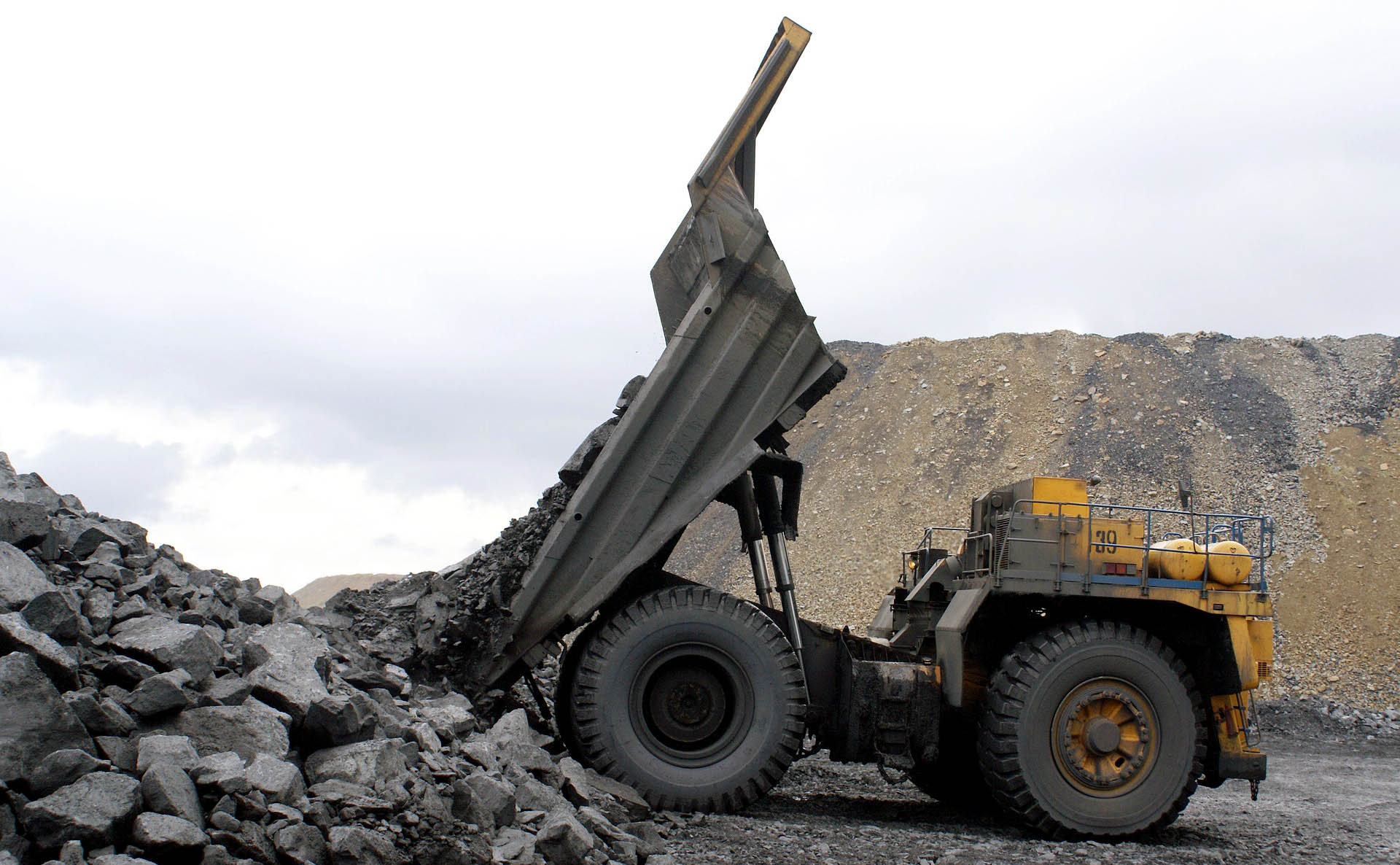NTPC has suffered an estimated production loss of 9,00,000 tonne of coal in September as operations at the company’s Pakri-Barwadih mines were completely halted since September 1 due to local agitation. The agitation, which is driven by vested interests, has not only halted the mining operations but also stopped coal dispatch and infrastructure development activities like construction of mine end CHP and cross country conveyor. The stoppage of mining and dispatch activities is also causing huge loss to the local economy, which is directly and indirectly dependent on one of India’s largest coal mines operated by NTPC.
The impasse has prompted NTPC to seek help from district administration. Further about 5.5 lakh metric tonne of coal is lying at the dump yard. NTPC is being unable to transport them because of protests by landowners led by local vested interest since 1st September, 2020. Though NTPC has offered land compensation rates and R&R benefits among all other coal mines in the area, regarded as one of the best in the country, locals are being misled by people with vested interest causing the stoppage in the mining activities leading to mass scale unemployment in the region.
NTPC has been trying its best to resolve the issue in an amicable manner. The central government-owned power producer has approached the state government of Jharkhand at various levels and has requested for intervention to resolve the blockade in order to restart the mining and infrastructure work. Pakri-Barwadih, Chatti-Bariatu & Chatti-Bariatu(South), Kerandari and Badam coal blocks, which were allocated to NTPC, are located in Hazaribagh District of Jharkhand. At their optimum peak-rated capacity, NTPC will produce 34 Million Tonne of coal every year from these four mines, which will generate around 6,800 MW of electricity.
Moreover, NTPC has undertaken numerous initiatives in the region focussed on social development including building of necessary infrastructure, imparting training among locals to create employment opportunities and empowering the women folk of the villages to provide them equal platform in the society. However, the recurring agitations have stalled the progress of these projects in the region, thereby hurting mass scale employment associated with coal mining.













